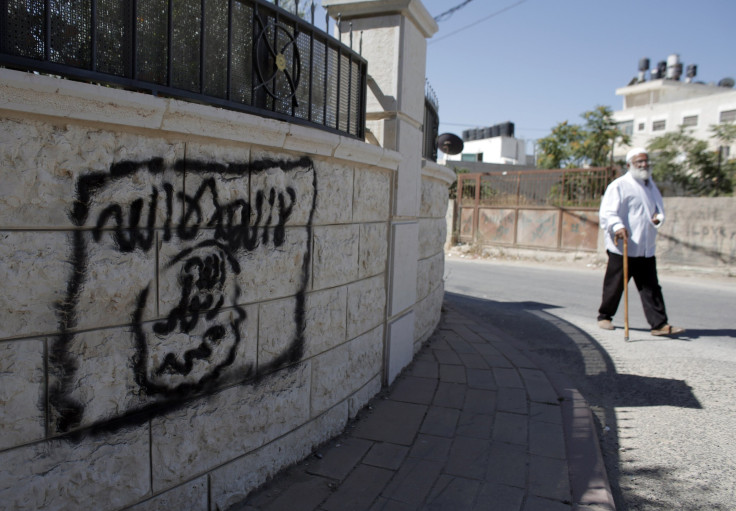Who Is Junaid Hussain? Prominent ISIS Hacker Allegedly Killed

A prominent cyber hacker and member of the Islamic State has allegedly been killed in Syria on Tuesday by a U.S. air strike, according to three senior American officials, the New York Times reported on Thursday. British-born Junaid Hussain, 21, was a leader of the CyberCaliphate, an Islamic State unit responsible for breaking into the United States Central Military Command’s Twitter and YouTube accounts earlier this year.
Hussain had been encouraging and directing a series of plots against Western targets, security sources told the Guardian. He was high up on the list of wanted members of ISIS, and was considered to be the second-most prominent British member of the Islamic State after Mohammed Emwazi, often called “Jihadi John,” who was responsible for the videotaped slayings of Western hostages.
Hussain’s unit often manipulated social media to spread propaganda, the Times reported. He offered encouragement in May to two gunmen who staged a shooting attack in Garland, Texas, at a contest for caricature drawings of the Prophet Muhammad. He was also tied to an Islamic State plot to attack an Armed Forces Day parade in South London in June, but that plot was thwarted.
British-born jihadist Junaid Hussain killed in military drone strike in Syria - US officials http://t.co/UkPO1Mfo5b pic.twitter.com/LTQDd0DZ8r
— BBC Breaking News (@BBCBreaking) August 27, 2015In Britain, Hussain was part of a hacking team that published information from the former Prime Minister Tony Blair’s address book, which earned him six months of jail time in 2012.
“Terrorism doesn’t exist," said Hussain in an interview with the Telegraph, published the day of his arrest in 2012. “They create the terrorism and fabricate it to demonize a certain faith. We’ve shown them that it’s not only them that can listen in on people.”
Hussain allegedly fled to Syria in 2013 and brought his hacking skills to the Islamic State. He posted information about American military forces and officers and helped instigate online attacks.
“Undoubtedly his online skills will be missed by the group,” said Raffaello Pantucci of the Royal United Services Institute in London, a research organization specializing in defense and security, the Times reported. “But it is unlikely to dramatically change the pattern of dangerous plots emanating from the group, or the phenomenon of some young Westerners being drawn to fight alongside the group.”
Just last week, the White House announced that another major Islamic State figure, Fadhil Ahmad al-Hayali, a deputy to the group’s leader, was killed in an airstrike in northern Iraq.
© Copyright IBTimes 2024. All rights reserved.












